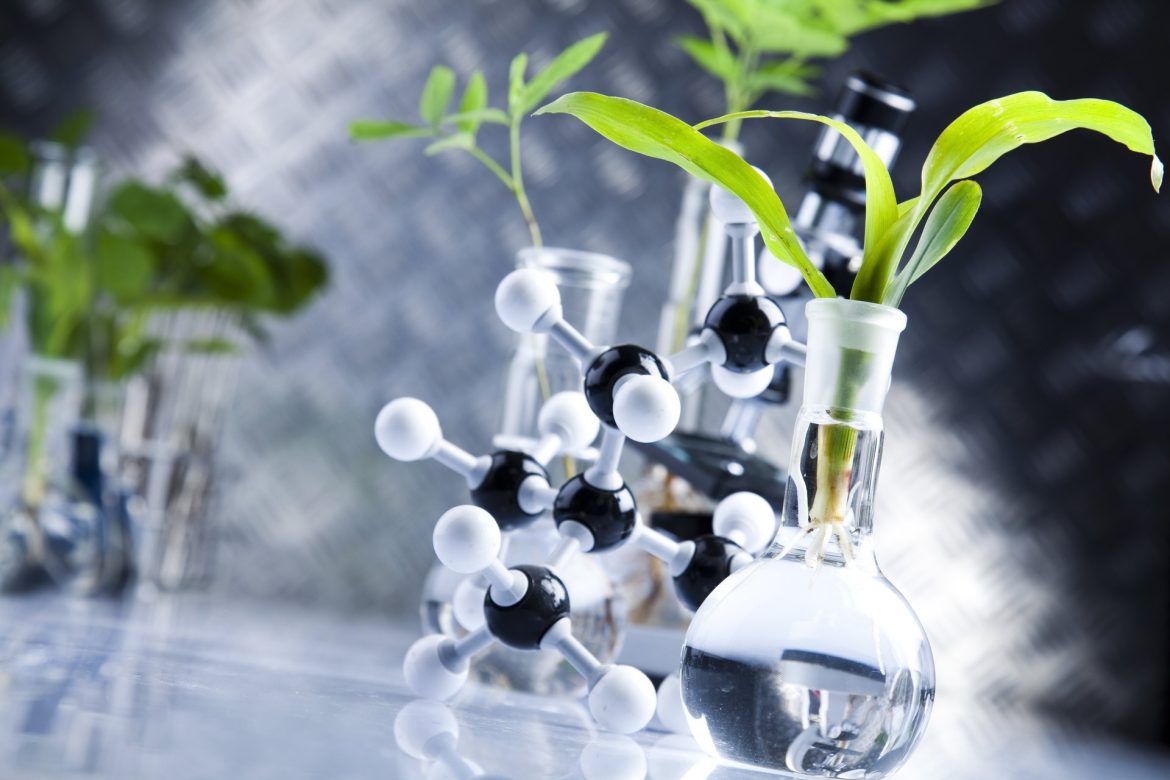2. Synthetic Biology in Agrotechnology
Crop Enhancement and Protection: In the agricultural sector, synthetic biology can be applied to develop crops with enhanced yield, nutritional value, and resistance to pests and environmental stresses. Genetic modifications can help crops better withstand drought, cold, or salinity, reducing the ecological footprint of agriculture and helping to feed a growing global population under increasingly challenging environmental conditions.
Biopesticides and Soil Health: Another application in agrotechnology is the development of biopesticides, which are biological agents that control pests and diseases without the harmful environmental effects associated with chemical pesticides. Synthetic biology can also be used to engineer microorganisms that improve soil health, enhance nutrient uptake, and break down pollutants, thereby promoting sustainable agricultural practices.
3. Ethical Considerations and Regulatory Challenges
As with any transformative technology, synthetic biology raises important ethical and regulatory questions. The potential for unintended consequences or biosecurity risks requires careful consideration. Regulations need to evolve alongside technological advances to ensure safety without stifling innovation.

